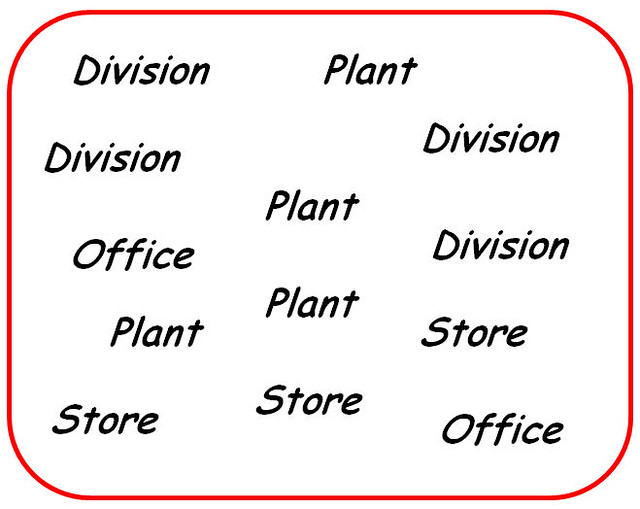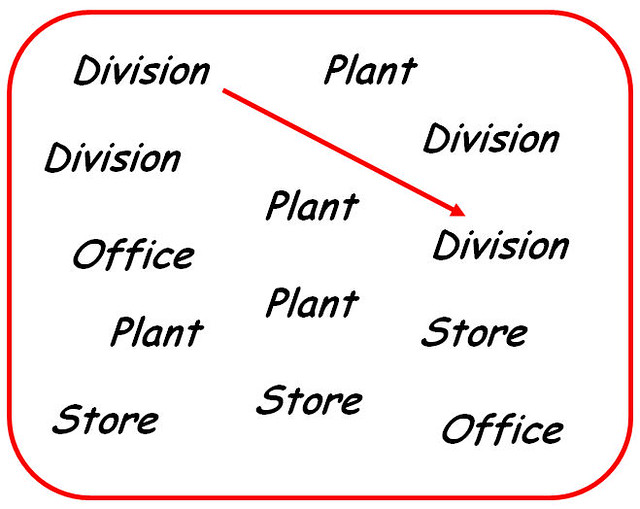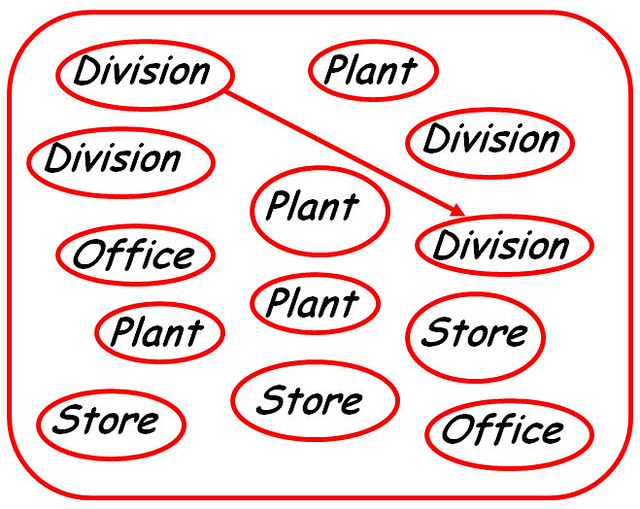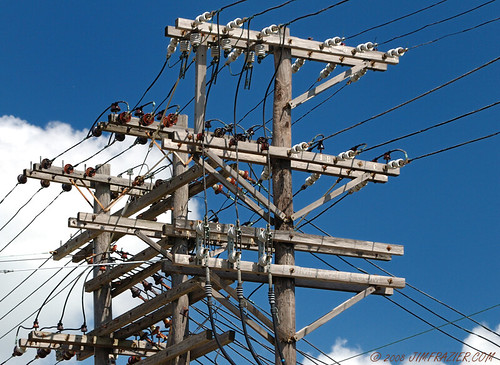 You're on vacation and you stop in at an interesting looking art gallery. A giant chicken catches your eye and you buy it for $10,000,000. You're a collector of over-sized fowl and this one will be the crowning glory of your private art gallery. It's a good thing you've got that really high limit on your MasterCard.
You're on vacation and you stop in at an interesting looking art gallery. A giant chicken catches your eye and you buy it for $10,000,000. You're a collector of over-sized fowl and this one will be the crowning glory of your private art gallery. It's a good thing you've got that really high limit on your MasterCard.The dealer prepares the invoice.
Oh, come on! Whoever heard of paying $800,000 in sales tax? This can't be taxable!Chicken.............$10,000,000Sales tax (8%)..........800,000Total...............$10,800,000
Actually, it is. And you've just made the revenue department in this state very happy.
Let's use the golden rule of taxable sales:
1. There's a sale
2. It's tangible personal property. It's obviously tangible. You saw it and you sat on it. And it wasn't permanently affixed to the floor. So it's tangible personal property.
3. The sale was made by an art gallery - someone in the business of selling art - a retailer.
4. You're buying this for your home or office, not to resell, so you're the end user.
Congratulations, you owe sales tax.
Now, you didn't get rich by just throwing around $800,000 here and $800,000 there. There's got to be a way out, right?
Hmmm. Not really. There are some common evasions, but no real and legal way out.
1. You can ask the gallery to ship it out of state to your home in Gotham City, where all the best Big Chicken collectors hang out. There's no sales tax when you ship out of the state, right? The dealer, who just got audited last month, points out that he can't do that. Since you're in the store, and effectively have control of the Big Chicken as soon as the sale is signed, you have taken delivery in the store. That means that the state you're in has jurisdiction and will impose tax. If the seller doesn't do this properly, he'll get nailed by the auditor (again) when she comes back in six months.
2. Even if you convince the dealer (maybe he's new and hasn't been audited yet) to not charge tax and to ship it to your home in Gotham City, you will now owe use tax on that objet d′art in the great state of Gotham. And since you're so stinkin' rich, you know they're going to audit you one of these days. Actually, unfortunately this doesn't happen all that often. You do owe the use tax. Whether you pay it or not is more of a reflection of your character. Bruce Wayne would pay the use tax. Just sayin'.
A different scenario
Let's say you're driving down a dirt road while on vacation, and see a yard sale with that chicken standing there in all of its glory. In a cloud of dust you slam on the brakes and kind of casually ask the rube what he wants for that "old chicken."
"Ah'll take $10,000,000 please. Ah inherited that from mah Daddy and he durn told me whut it were worth."
Dang. You write him a check since he can't take a credit card, and have him arrange for shipment to Gotham City.
Now, there's been a change in the situation. It's no longer a sale by a retailer, it's an occasional sale. Since the farmer isn't a retailer (he was having his annual yard sale) he doesn't collect sales tax. And since you purchased the item in an occasional sale, you owe no use tax, either in the state where you bought it, or in Gotham. Remember, the sale wasn't by a retailer, therefore it wasn't a taxable retail sale.
So in this scenario, you've saved the $800,000 in sales and use taxes. Legally! But only because you bought it in an occasional sale. Buy it from a dealer, and you owe the tax.
As is usually the case, not every state does it in the ways I've described. There are variations in several states on the way they handle in-store purchases that are shipped out of state, as well as use tax on occasional sales. Do your research!
Which leaves us with the moral of this story:
If you're going to buy big chickens, stick to the dirt roads.
Yep, I know. Sometimes these articles just write themselves.
This is our last article for 2010. It has been a good year for us and I hope it has been for you as well. We currently have January and February on our webinar schedule and will be adding March, hopefully by the first of next week. Happy New Year!
The Sales Tax Guy
http://salestaxguy.blogspot.com
See the disclaimer - this is for education only. Research these issues thoroughly before making decisions. Remember: there are details we haven't discussed, and every state is different. Here's more information
Get these articles in your inbox - subscribe at http://salestaxguy.blogspot.com
Don't forget our upcoming seminars and webinars.
http://www.salestax-usetax.com/
Picture note: the image above is hosted on Flickr. If you'd like to see more, click on the photo.






















